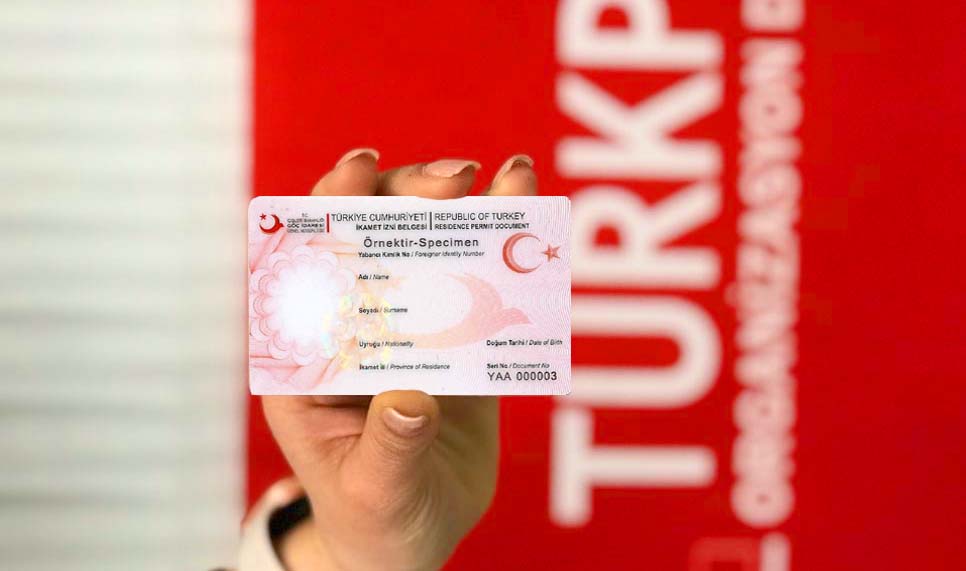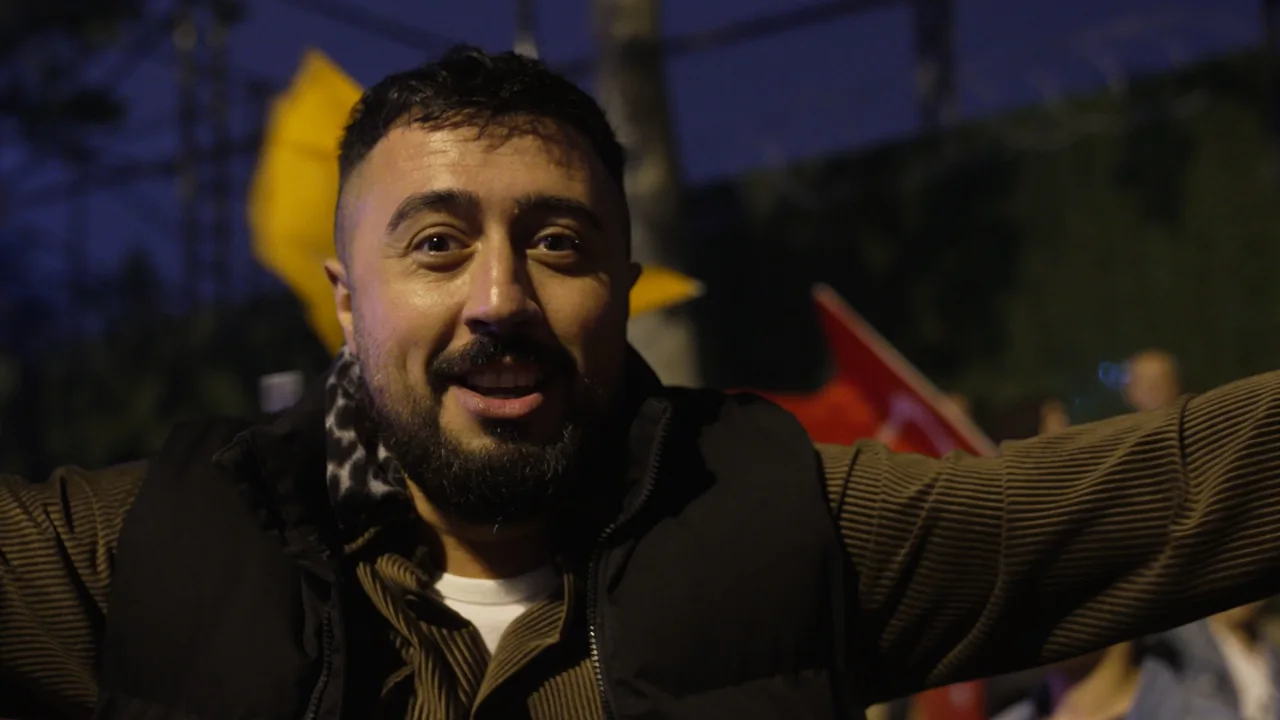
CURRENCY INFLATION
TURKEY’S INFLATION SURGES TO 54%, HIGHEST IN 20 YEARS
ISTANBUL, March 3 (Reuters) – Turkey’s annual inflation jumped more than expected to a two-decade high of 54.4% in February, fuelled by a crash in the lira last year and soaring commodity prices that are expected to climb higher due to Russia’s invasion of Ukraine.
Month-on-month, consumer prices rose 4.8% in February, the Turkish Statistical Institute said on Thursday, compared to a Reuters poll forecast of 3.8% and an annual forecast of 53%.
The producer price index soared 7.22% month-on-month in February for an annual rise of 105%, reflecting the rise in commodity prices amid Russia-Ukraine tensions.
Inflation has soared in the last nine months as Turkey’s central bank, under pressure from President Tayyip Erdogan, slashed interest rates by 500 basis points last year. It is expected to rise further, exacerbated by a surge in gas, oil and grains prices set off by the Ukraine conflict.
The easing cycle led to a currency crisis that saw the lira fall 44% against the dollar last year, raising inflation via imports priced in hard currencies.
The unorthodox cuts were part of Erdogan’s new economic programme that prioritised growth, investment and exports while keeping rates low.
Economists say rate hikes are off the cards, despite deeply negative real yields, given Erdogan’s aversion of high rates. They expect authorities to respond through interventions in the forex market to keep the lira stable, and fiscal measures.




